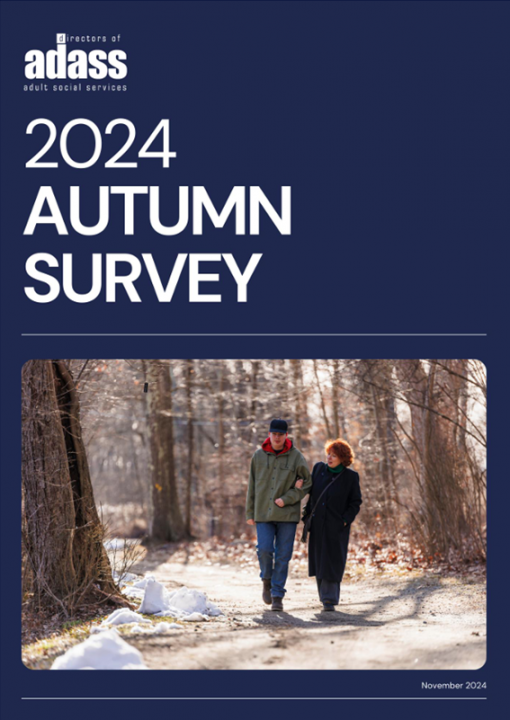The Association of Directors of Adult Social Services has released its Autumn Survey for 2024, highlighting the growing challenges that councils face amid financial pressures.
Annually, the survey is sent to every Director of Adult Social Services within the 153 councils in England with social care responsibilities, and works to identify challenges across the sector.
One of the biggest findings from the survey was that adult social care pressures are continuing to increase, with 81% of councils being set to overspend their social care budget in the current financial year. This is a 9% increase when compared to 2023/24 and has led to ADASS asking the government take urgent action to stabilise the sector. As financial pressures increase, more councils are being forced to make savings, with around 35% of councils being asked to make in-year savings.

This is on top of planned savings for 2024/25, which are estimated to increase to £1.4 billion for 2025/26, making it even harder for councils to invest in workforce, prevention and unpaid carer provision. These measures, which will have to be delayed or cut back, are integral to making sure that health and social care can improve in the long-term.
The survey also found that, in order to achieve the government’s goal of shifting health and social care from ‘sickness to prevention’, more investment is needed so that councils can see their spending pressures relieved.
So that councils can better understand their communities’ needs, and the kind of support that suits them best, they require access to better and more joined up health and social care data. By integrating health, housing, welfare, and social care data, councils can be given more choice and control over policy and spending.
In response to the survey, Cllr David Fothergill, Chairman of the Local Government Association’s Community Wellbeing Board, said:
“Councils are facing severe funding and demand pressures, meaning finances are under strain like never before. While the additional £600 million is helpful, rising costs from National Living Wage and employer National Insurance increases are likely to absorb much of the grant. Many councils will have little left to address urgent care challenges, such as long assessment waits or delayed care packages.
“At its best, adult social care supports adults of all ages to live the life they want to lead. But as this vital report highlights, a range of serious concerns that councils have been raising for years remain and a vast majority of councils are now struggling to balance the books. Immediate adequate investment is needed in order to address unmet and under-met need and ensure timely access to social care for all who need it.”
Image credit: iStock



















